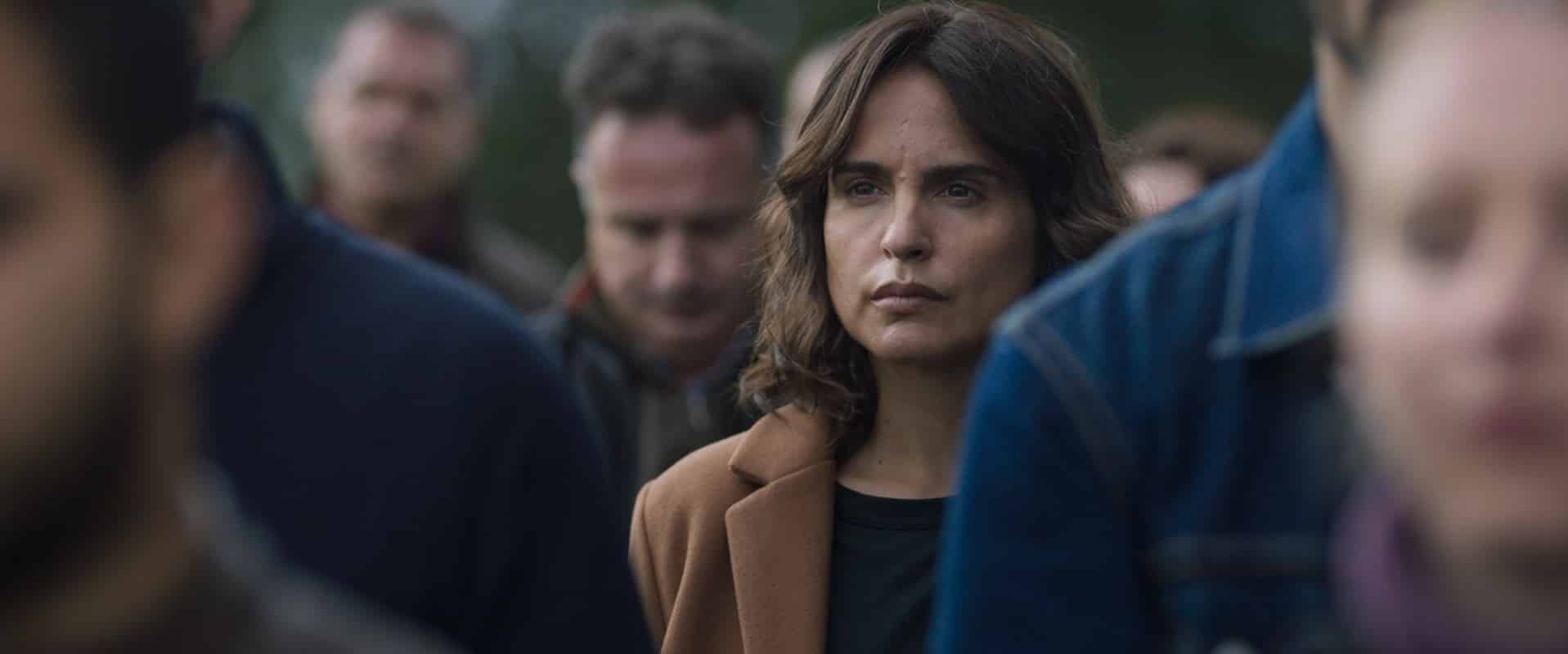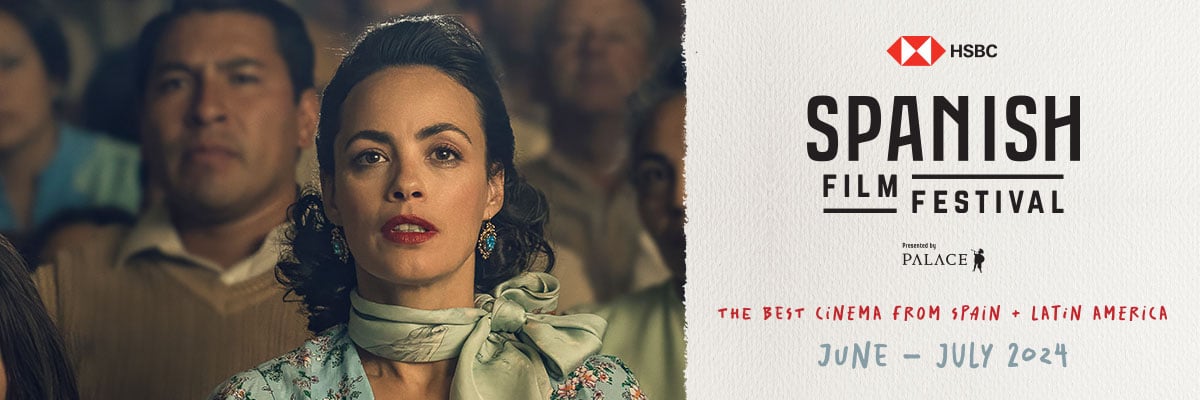Artificial Justice is an offering from Spanish filmmaker Simon Casal as part of the HBSC Spanish Film Festival. The film poses an important ethical question for our times: AI versus humanity. (Many Australians will remember our own Robodebt catastrophe.)
This film centers around the key character, Judge Carmen Costa, credibly played by Verónica Echegui, who is asked to audit the intended rollout of ‘THENTE,’ an AI justice delivery system.
Thente computes risk assessments for criminal reoffending. The AI appears accurate, cost-effective, and can deliver seemingly unbiased, consistent results in a fraction of the time its human counterparts can. Unsurprisingly, the Spanish government is keen to roll out Thente, removing (human) court judges from the decision-making process. A national referendum is called.
Enter the company behind Thente, and company executives Alex and Brais, well-played by Alberto Ammann and Tamar Novas. Thente’s designer, Alicia Kovak, is portrayed by ex-model Alba Galocha. Alas, a more believable IT nerd would have been a smarter casting decision.

The film cleverly parallels the bridge between the AI that we already use (such as in our cars – in essence, trusting lives to the technology) and its future use. However, Casal co-wrote the screenplay with Víctor Sierra, and truth be told, too much of the screen action takes place via dialogue, which is not cinematic.
The narrative, too, poses a few credibility issues. For instance, given that Costa is a judge, she’s pretty cavalier about security measures—not only going on lone ocean swims but also taking no precautions once realising that she is being watched. Also, her assistant declines to find an IP address (not that difficult these days), so Costa is forced to seek out highly illegal measures via an ex-con hacker. Really?
As far as the plot goes, when Alicia Kovak is mysteriously killed in a car crash, Judge Costa begins to realise things are not as they seem – and even her own life may be in danger. Described as a ‘taut political thriller’ – the film-making is patchy, so at times the tension is more washing line, than tightrope.
As a newish feature-length director, Casal hasn’t quite mastered the nuances of the Noir genre, but he will be an interesting director to watch. Importantly, the film raises significant questions regarding the balance between AI, humanity, politics, and government. For that alone, the film is worth watching.

